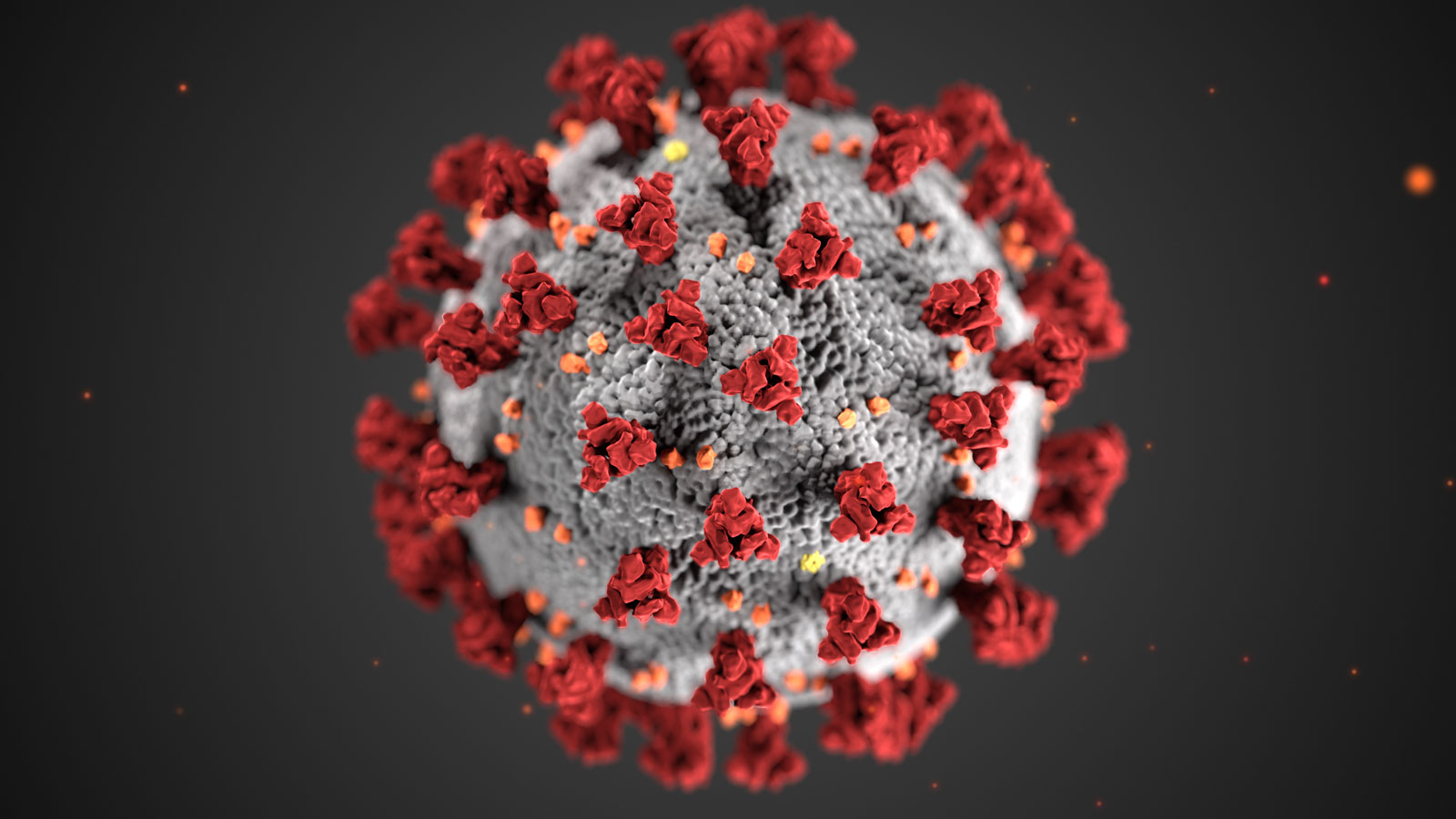Research uncovers high risk to pregnant women from COVID-19
A study of more than 2,100 pregnant women across 18 countries worldwide has revealed that COVID-19 is associated with a higher risk of severe maternal and newborn complications than previously recognised.
The researchers, from the Nuffield Dept of Women’s & Reproductive Health at the University of Oxford, report the findings of the INTERCOVID Study in the journal JAMA Pediatrics, providing, for the first time, detailed comparative information about the effects of COVID-19 in pregnancy.
In the paper, published today, they conclude the risk to mothers and babies is greater than acknowledged at the beginning of the pandemic, and that health priority measures should include pregnant women.
Aris Papageorghiou, Professor of Fetal Medicine at the University of Oxford, who co-led INTERCOVID, said, ‘Women with COVID-19 during pregnancy were over 50% more likely to experience pregnancy complications (such as premature birth, pre-eclampsia, admission to intensive care and death) compared to pregnant women unaffected by COVID-19.
‘Newborns of infected women were also nearly three times more at risk of severe medical complications, such as admission to a Neonatal Intensive Care Unit – mostly due to premature birth. The good news, however, is that the risks in symptomless infected women and non-infected women were similar.’
The researchers sought to understand the effects of COVID-19 in pregnancy by collecting robust data on pregnant women with and without a diagnosis of COVID-19, an important step to ensure that families understand the risks involved, mothers and babies receive the best possible care, and health resources, such as vaccines, are appropriately allocated. However, until now, the quality of the available information has been limited.
The paper describes the work of over 100 researchers that recently completed the INTERCOVID Study involving over 2,100 pregnant women from 43 maternity hospitals in 18 low, middle and high-income countries worldwide.
The study is unique because each woman affected by COVID-19 was compared to two non-infected pregnant women giving birth at the same time in the same hospital.
Professor Papageorghiou, continued: ‘Fortunately, there were very few maternal deaths; nevertheless, the risk of dying during pregnancy and in the postnatal period was 22 times higher in women with COVID-19 than in the non-infected pregnant women.’
The study also highlighted that close to 10% of newborns from mothers that were test-positive for the virus also tested positive for the virus during the first few postnatal days.
José Villar, Professor of Perinatal Medicine at the University of Oxford, who co-led the study, said, ‘Importantly, breastfeeding does not seem to be related to this increase. Delivery by Caesarean section, however, may be associated with an increased risk of having an infected newborn.’
The study demonstrates the importance of collecting large-scale multinational data quickly during a health crisis, as researchers were able to complete the study in only 9 months, using infrastructure that was already in place from Oxford’s multicentre INTERGROWTH-21st Project.
Professor Villar continued: ‘The existing INTERGROWTH-21st infrastructure was critical in enabling researchers worldwide to implement this urgent initiative in record time, and their commitment to the study was remarkable. Examining the long-term effects on mothers and children is the next challenge’.
Stephen Kennedy, Professor of Reproductive Medicine at the University of Oxford, who co-led the study, concluded, ‘We now know that the risks to mothers and babies are greater than we assumed at the start of the pandemic and that known health measures when implemented must include pregnant women. The information should help families, as the need to do all one can to avoid becoming infected is now clear. It also strengthens the case for offering vaccination to all pregnant women.’

